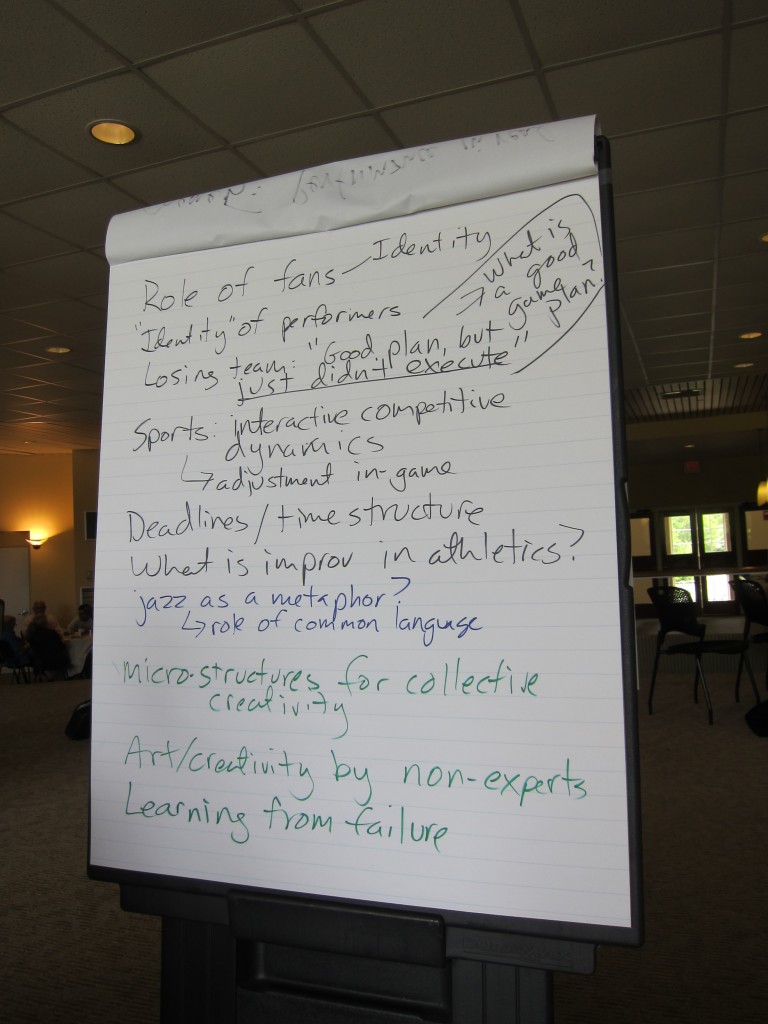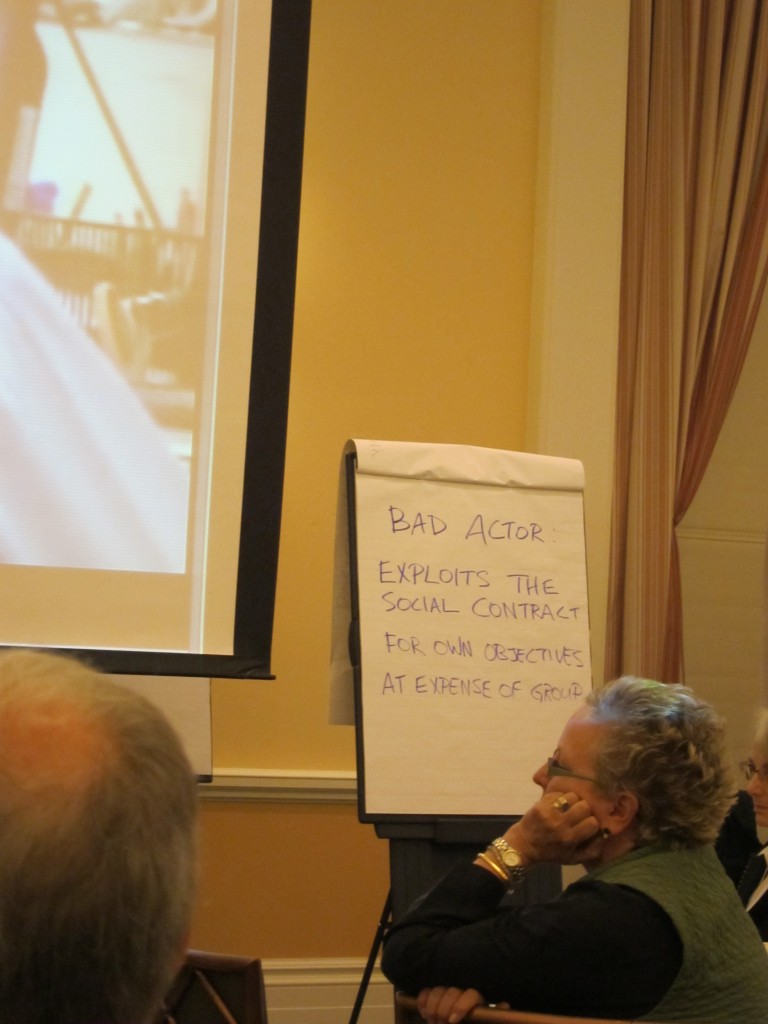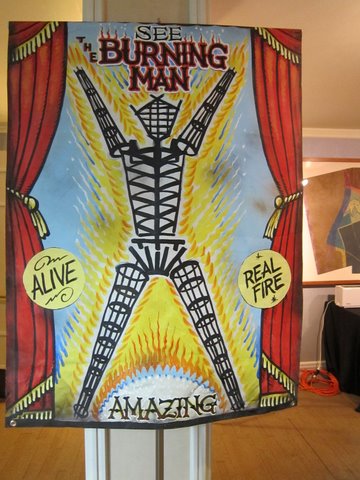You’ve worked long and hard on an art project or theme camp. How do you make sure that others learn about your work? Academics and artists alike eventually realize that toiling quietly in obscurity rarely results in public knowledge or recognition of hard work. On occasion, someone might literally trip over your work and be thrilled. But if others haven’t heard about your work, it’s likely that your work will languish like a gift that’s forgotten in the back of a closet – a great discovery, waiting to happen. You have the additional task of letting others know what you’re doing so that they can share your gift.
Tonight, Burning Man and the Los Angeles & Chicago communities are co-hosting a seminar on how to do public relations (PR). People can participate in a webinar or in person. Here’s the original announcement:
“Burning Man Artist PR Web Seminar
Dear Burning Man/BRAF Artist:
For several months, we have been helping Burning Man honorarium recipient and BRAF grant recipient with public relations strategy and tasks. Now that we are in July, we want to invite you to the first ever Burning Man Artist PR Web Seminar.
It’s important to provide for good public relations when your art becomes real in the desert (or in your home town). Yet, many artists are so busy solving problems and managing their builds they lose the chance to shine the light of good PR on their work and teams.
Please join us on line next Wednesday, July 13, at 6pm (Pacific time; 9pm Eastern time) for a special web cast to help you keep your date with fame.
Live from Los Angeles, Athena Demos will moderate a panel of experts who know public relations and know the playa.
We will also have conversations with Burning Man mangers and experts who can help you think through your strategy for pre-burn PR, on-Playa efforts, and post-burn communications to your team, your support base and the world.
Tune in by going to www.laburningman.com on Wednesday at the appointed time.
Or join us LIVE in LA at The Red Loft. Doors open at 5:30pm. Bring snacks to share. 440 Seaton St., Los Angeles, CA
You may want to be sure you have a team member also watching, because you may want someone watching out for your PR opportunities while you lead your team.
This is a production of the Burning Man Media Team, the LA Burning Man community and the Chicago Burning Man Community.
This is a gift from all of us to you.
Thank you for all you are doing right now.
See you Wednesday.”



